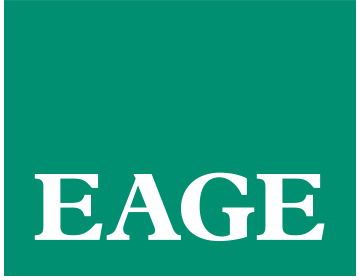PACE Event Support
In addition to supporting individuals to attend EAGE meetings, the The Programme for Association and Cooperation in Earth sciences (PACE) supports the organization of meetings by local chapters, communities and associated societies, that are relevant to the mission of the Association.
If you organise a geoscientific event and would like to apply for support, please complete this PACE Event Support Request Form.
Applications for PACE event support are reviewed and managed by the CMC Committee of EAGE.
The PACE Programme also supports individual geoscientists to participate in EAGE events.
Learn more about individual PACE support
In order to qualify for PACE event support, please take the following criteria into consideration:
Requirements
- A complete application form with a clear budget
- Acknowledgement of EAGE support on the event communications
- Allotted speaking time for EAGE representatives
Reasons for disqualification
- Local Chapters that have not provided the annual report of the previous year
- Expenses that are not strictly necessary for the realization of the event (e.g. photography/recording services, advertising…)
Transfer of funding
Please note that the transfer of funding, if the PACE Event Support application is approved, will take place after the completion of the event and the following documents have been submitted to EAGE:
- a financial report showing how the allocated budget has been spent, together with receipts;
- the abstracts of the event;
- an article about the event, including photos, to be used for publication in EAGE newsletters and/or First Break


